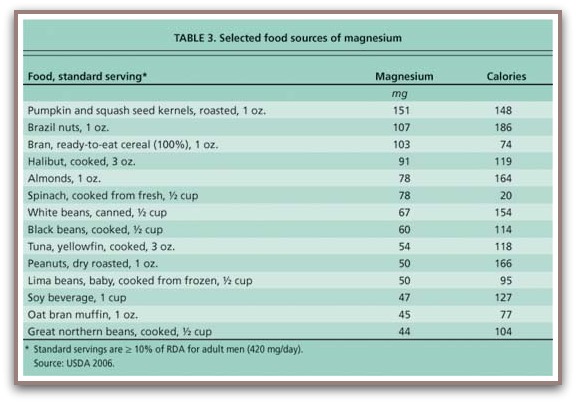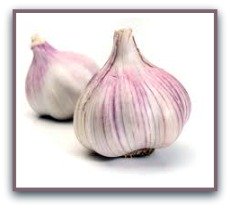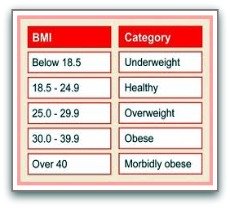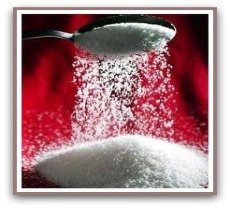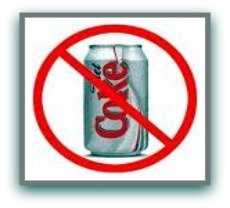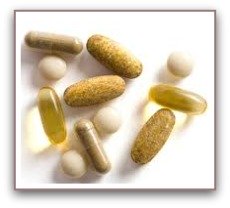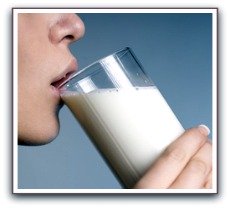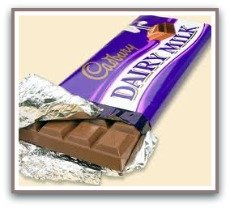|
Magnesium Deficiency Symptoms and Magnesium Food Sources

What is magnesium? Magnesium is my favorite mineral because most of my clients exhibit magnesium deficiency symptoms and they respond incredibly well when more magnesium is added to their daily diet. It is estimated (USDA study) that 75% of the American population have a magnesium deficiency. The body uses magnesium primarily for nerve and muscle function and the formation of bones and teeth, but magnesium is involved in several hundred chemical reactions in the body and is required by every cell. This critical mineral is used to prevent heart disease, and in treating high blood pressure, diabetes, osteoporosis, kidney stones and gallstones, migraine headaches and asthma.
Some researchers believe that a magnesium deficiency is a cause of cardiovascular disease. Do you have magnesium deficiency symptoms? This is a long list, review it carefully, if you have two or more symptoms then you need to add more magnesium foods to your diet and consider taking a supplement. As a nutritionist, I have learnt that if you listen carefully... your body always talks loudly and clearly.
Magnesium is closely linked to other vital minerals: calcium, potassium and sodium. We need an adequate supply of all of these minerals to be healthy. Nature often supplies these minerals in perfect balance and in the same foods- so always think of improving your diet first. Magnesium Foods Magnesium is found in most foods especially dairy products, meat, fish, leafy green vegetables, unrefined grains, nuts, seeds, soybeans, legumes and tofu.
The current recommended daily allowance (RDA) is 350 mg of magnesium daily but many experts believe the RDA should be at least 600 mg. Pumpkin seeds are one of the richest sources of magnesium at 152 milligrams of magnesium per ounce of pumpkin seeds.
What factors deplete our magnesium levels?
Excessive intake of phosphorus, calcium, saturated fat, sugar, caffeine and alcohol deplete magnesium levels. Eating processed foods can also create magnesium deficiency symptoms since minerals are lost in processing. 87% of chromium, 90% of manganese, 83% of magnesium, 82% of zinc, 81% of iron, 66% of copper. Certain drugs are known to deplete magnesium including furosemide, hydrochlorothiazine, cholestyramine and oral contraceptives. Dr. Ingrams says that diuretics are very dangerous since they ‘wash out’ valuable heart healthy nutrients such as potassium, magnesium, chloride, sodium and zinc. Ingrams goes on to say “…if tissue levels of any of these minerals become too low, sudden death or stroke can occur”. There are in fact many natural diuretics found in nature such as watermelon, parsley, and chlorophyll found in dark green vegetables. The minerals magnesium and potassium are also mild diuretics. Cutting back on sodium in your diet and drinking more water are also sensible solutions. Please note: always discuss medical concerns with your health provider.
Final thoughts: If you take a good quality multi vitamin, it should have additional magnesium in it. You may choose to increase your magnesium foods and take an additional magnesium supplement depending on the severity and number of magnesium deficiency symptoms you exhibit. Ultra preventative 1X scored 5 out of 5 and a gold star ranking along with three other companies in North America: Usana, Creating Wellness Alliance and Truestar Health. If you are going to take supplements, it really is worth taking the best.
|
Isobel's weight loss program is one of the best on the internet
Best foods to lower blood pressure
8 Supplements to reduce your blood pressure
Do you have calcium deficiency symptoms?
Do you have magnesium deficiency symptoms?

ProGrade offers high quality products, try their chocolate protein powder!
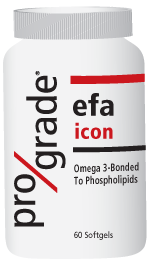
Burn more calories with krill Omega 3 oil





